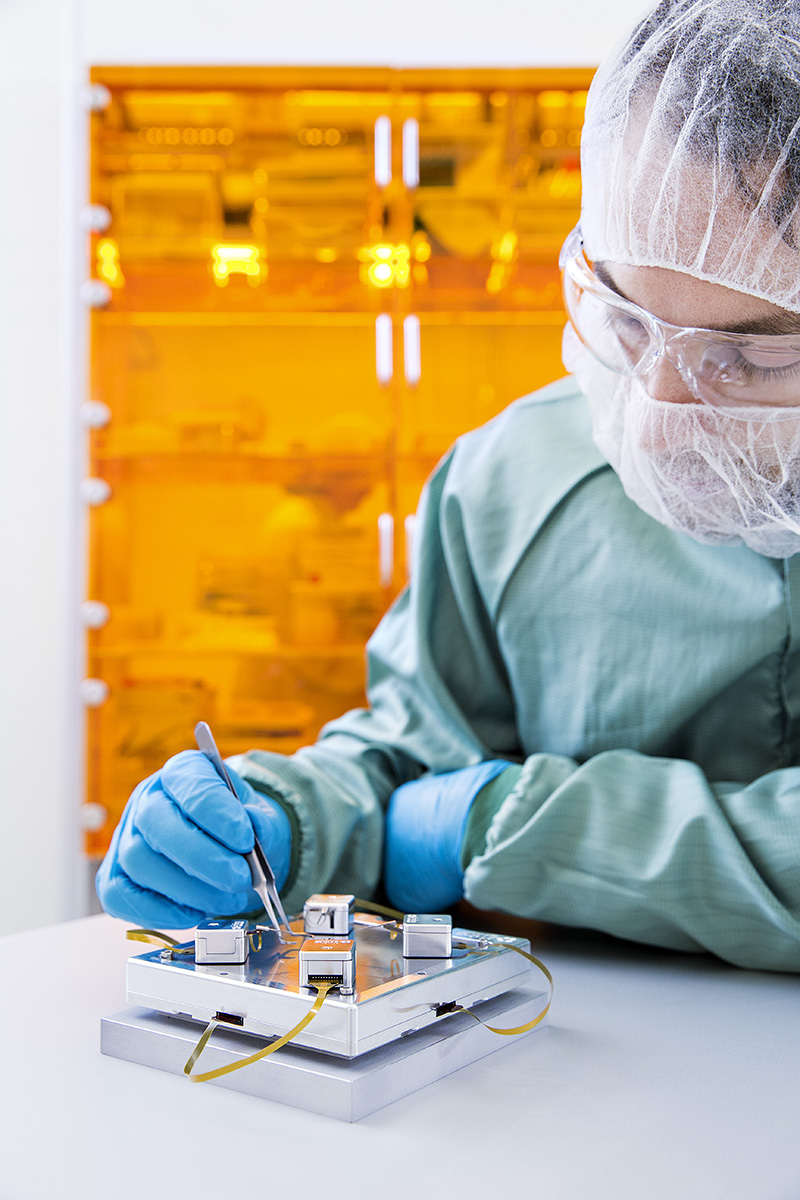Vacant positions
This project is completed. The Enabling Technology NTNU Nano lasted from 2011 to 2023.
For updated information regarding NTNU NanoLab's activities, please go to NanoLab's homepage.
For updated information regarding NTNU NanoLab's activities, please go to NanoLab's homepage.
Jobs in nanoscience and functional materials at NTNU
All job opportunities at NTNU are listed at Jobb.norge.no, but here you will find a (possibly incomplete) list of current positions related to nanoscience, nanotechnology and functional materials. Please remember, all applications should be filed through jobb.norge.no.
Permanent positions
PhD and post doc positions
There are currently no available positions
There are currently no available positions
Other positions
There are currently no available positions
There are currently no available positions

